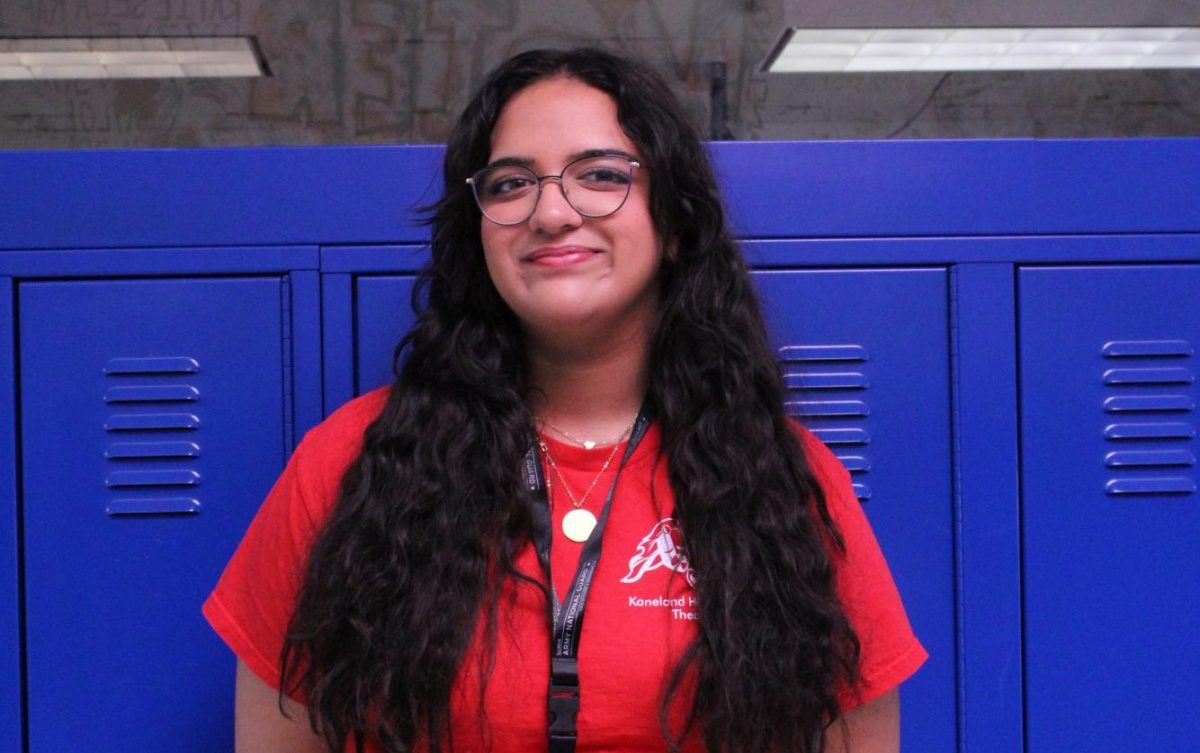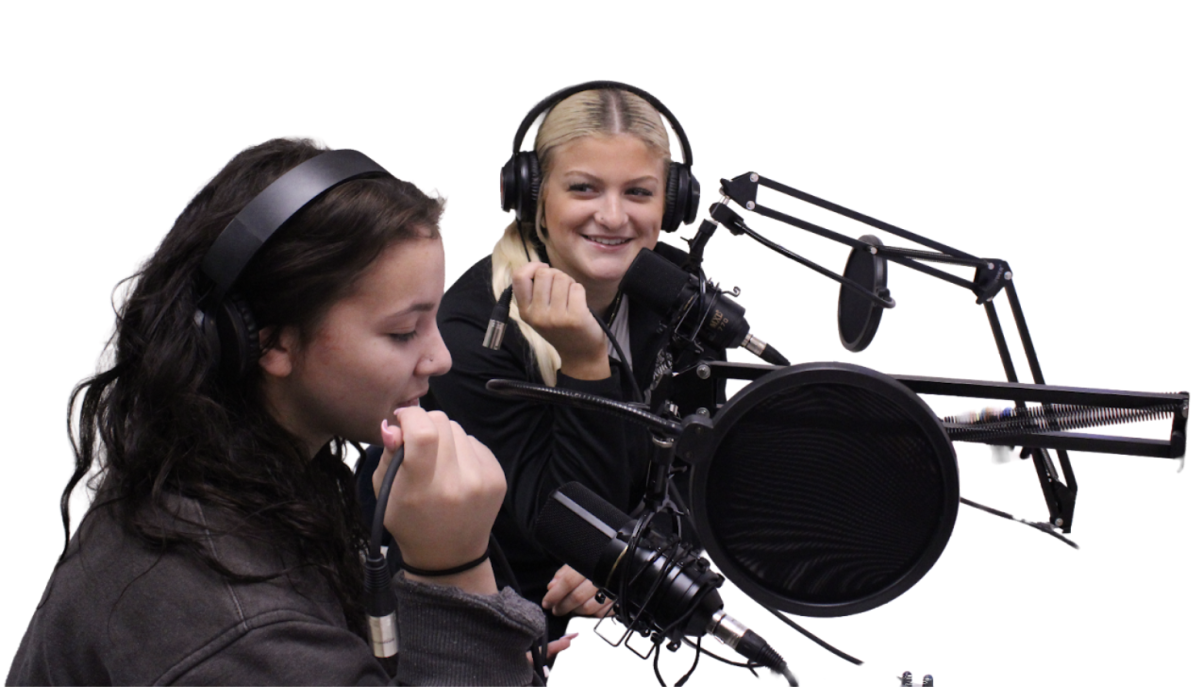To you, it might be as mundane as sending a prompt to ChatGPT or using an AI filter on TikTok, but what happens when our society starts to view AI not as a tool, but as a necessity?
Scientists have been developing Artificial Intelligence since the 1950s, but major breakthroughs have been made in the last few years. The most popular AI program, ChatGPT, was released in 2022 by OpenAI. ChatGPT was built using a language model called generative pre-trained transformer (GPT), meaning that it was trained on text data. Users could input a prompt and ChatGPT would respond by following a pattern of predictable words. It also relies on the user to lead the conversation and will reply with what it thinks the user wants to hear. This new technology has been adopted in all sectors of our economy: customer service, manufacturing, logistics, marketing and even healthcare.
As healthcare and insurance prices rise and people all over the world are seeking counseling, AI companies have found a new use for their technology: AI therapists. AI therapists are available through text and sometimes over the phone. According to heynoah.ai, an AI emotional coaching app, “Noah isn’t just technology – it’s your personal, always-there guide trained by top therapists.”
AI therapy apps advertise themselves as accessible and helpful tools for those struggling with their mental health, but unlike traditional forms of therapy, there are no ethics committees or licensing to oversee them. In fact, Illinois Governor JB Pritzker recently signed legislation restricting AI usage in therapy.
“This legislation stands as our commitment to safeguarding the well-being of our residents by ensuring that mental health services are delivered by trained experts who prioritize patient care above all else,” Illinois Department of Financial and Professional Regulation (IDFPR) Secretary Mario Treto Jr. said in a press release.
Not only is AI widely unregulated, it is also addictive.
“Social media, AI and phone companies use what we call operant conditioning and schedules of reinforcement to make you addicted to your phone, and it’s actually as addicting as heroin,” AP Psychology teacher Daniel Ferrel said.
Operant conditioning occurs when a behavior is strengthened or weakened by consequences. For example, your AI sending you a funny message or a compliment will encourage you to continue to engage with it. AI companies take advantage of this to keep you on their app or website, or they even compel you to buy a subscription. This could be problematic in regards to AI therapy, as it is in the companies’ best interests to keep you on the app rather than give you effective strategies to work through any mental health problems.
AI usage has exploded since the release of ChatGPT and other AI chatbots, and instead of being reserved for tech enthusiasts, this tool is easily accessible and user friendly. If you walk into any classroom or office around the country, you might hear phrases like: “I’ll just ChatGPT it,” or, “I’ll ask my AI.”
This unlimited access to under-researched technology could prove to be harmful, especially for kids.
“We don’t have enough data and information,” Ferrel said. “In fact, some of the data we’ve seen is that AI can have some very extreme viewpoints at times, whether that’s intentional or not.”
With so much information readily available, ChatGPT is a convenient option for plenty of students and even professionals. But becoming reliant on AI can lead to unhealthy habits.
“All AI does is teach us an easier route to things, instead of actually doing things the way we’re meant to do them, the hard way,” sophomore Izy Wroblewski said.
Using AI to write an essay, to find answers to your math homework or to research a topic might save you time, but it may have serious consequences in the long run.
“I don’t think people are going to be able to formulate opinions on their own,” Ferrel said. “They’re going to be so reliant on the technology to think for them.”
In a society with AI so prominently featured and its influence growing every day, saving a few hours may come at the expense of losing our critical thinking skills.
“We’re not creating those synaptic connections within our brain that allow us to learn and that allow us to grow and to think critically,” Ferrel said.
AI will keep developing, whether that helps or hinders human progress.











